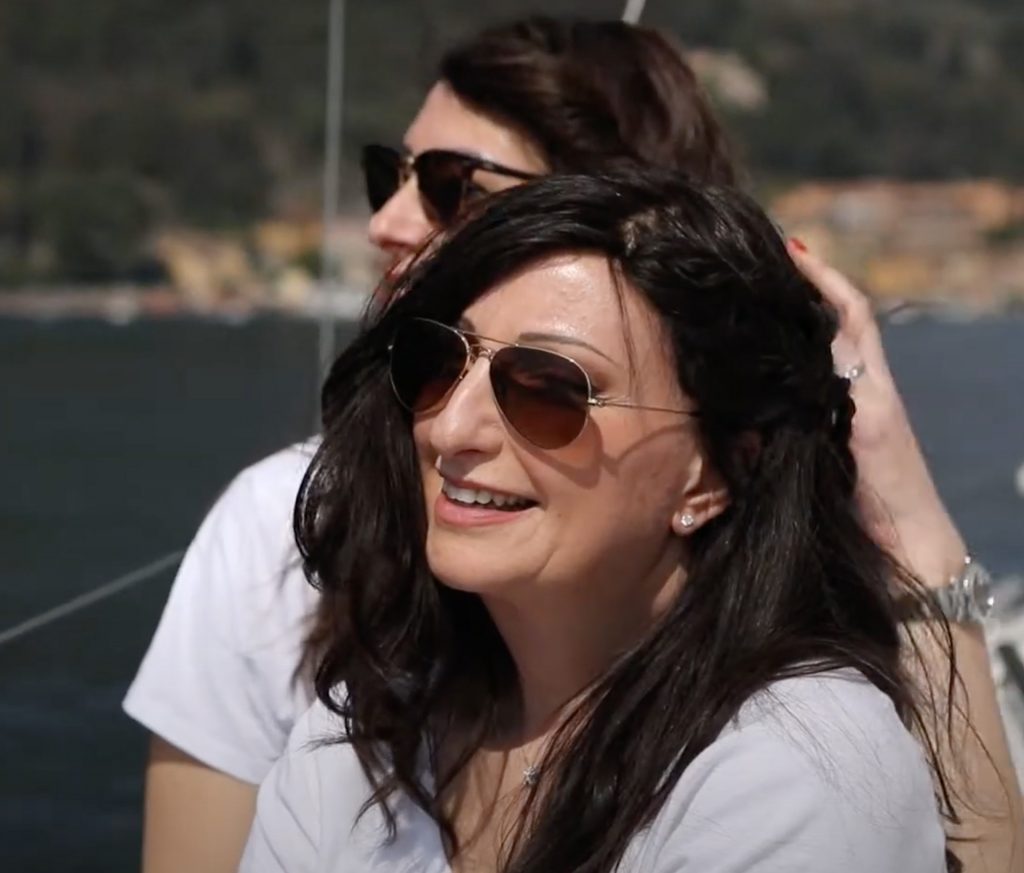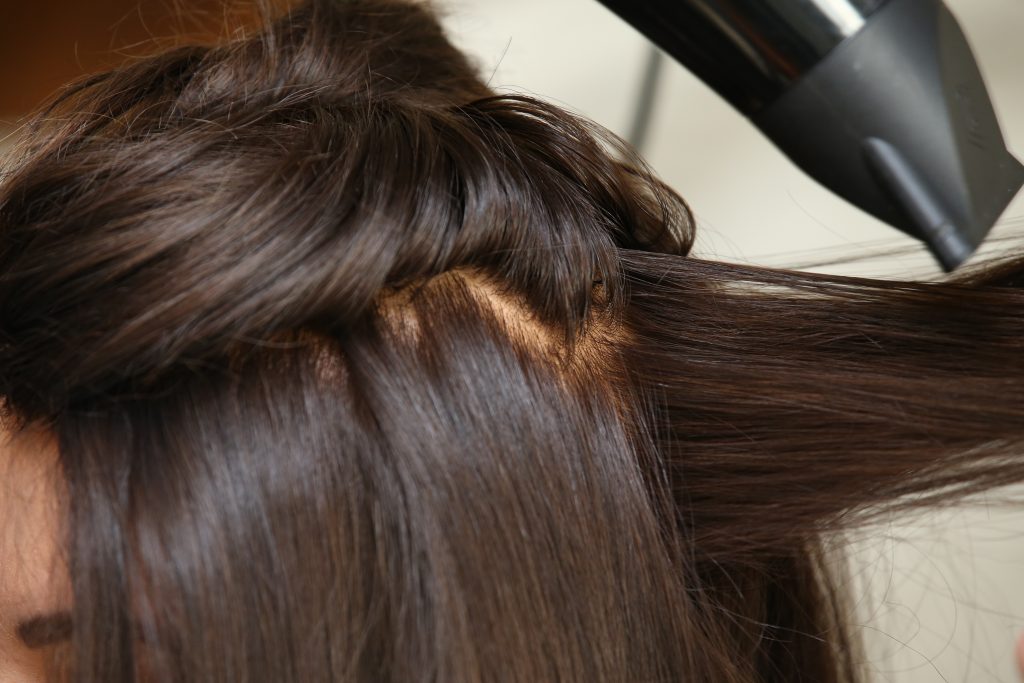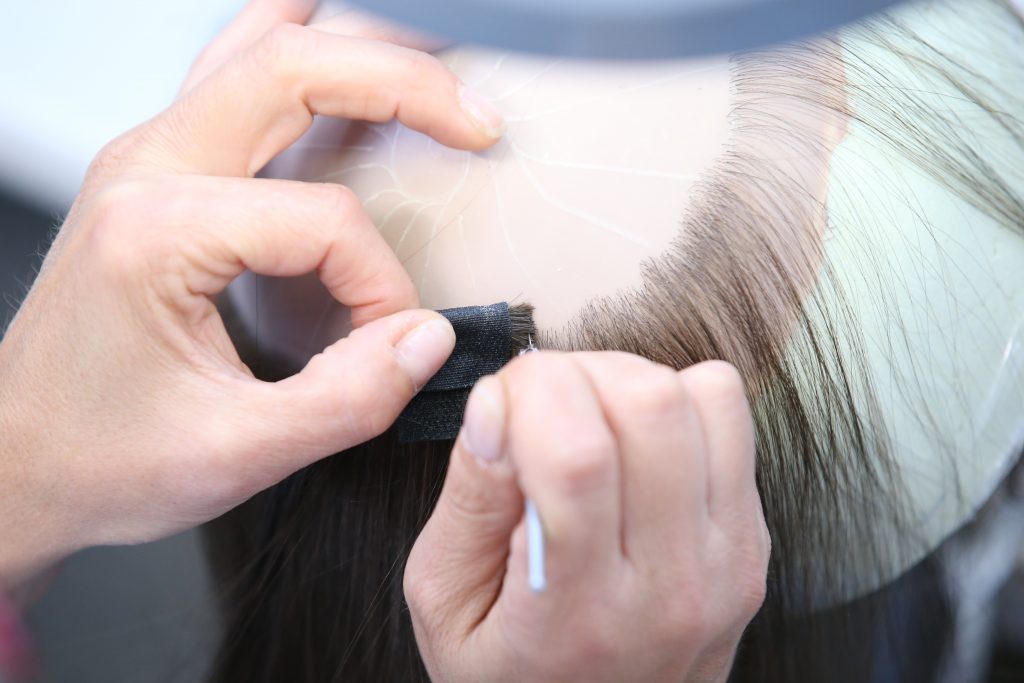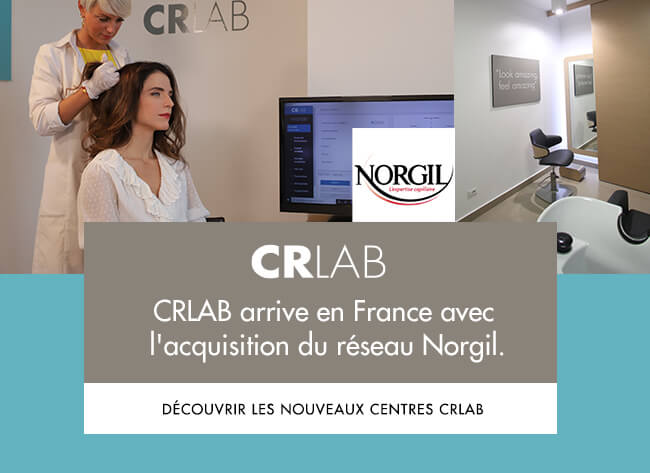- Home
- Scalp Care & Hair Care
- Alopecia Areata: Stories of Finding Serenity
Hair Loss and the Search for a New Identity
In all cultures, hair holds a strong symbolic value: through cuts, colors, and styles, it is possible to express one’s personality, honor roots, or assert certain political or religious ideas. Thanks to their ability to constantly regenerate, hair has always been considered an expression of life, strength, and rebirth.
For all these reasons, it’s so hard to imagine a life without the mane that has accompanied and seen us grow, framing our faces. The aesthetic aspect is visible… but often the deeper effects that alopecia areata can cause are not well known.
Shock and anger can be some of the most instinctive reactions, but also a sense of loneliness and disorientation due to the need to reinvent oneself, coming to terms with a new self-image in front of the mirror.
Claudia knows this well, as she recalls how destabilizing the sudden onset of alopecia areata can be:
“At the age of 21, in just 10 minutes, I lost all my hair due to a severe universal alopecia areata. My life changed drastically in a very short time. Suddenly, everything changed because the perception of myself changed abruptly. I had little time to realize what was happening. I had to seek valid solutions and also understand, from a medical standpoint, what was actually happening to me.”

Alopecia Areata: Choosing the Right Solution for Your Needs
In some cases, alopecia areata can prove to be temporary and resolve spontaneously, while in other cases, it can progress and cause the loss of all hair (total alopecia) or all body hair (universal alopecia).
In the case of “abnormal” hair loss, it is essential to promptly consult qualified specialists. Understanding the nature of hair loss is crucial to choose the most suitable path for one’s needs with full awareness: those who face a reflection in the mirror that they don’t recognize and don’t feel their own can now resort to numerous cosmetic solutions.
For those who desire an aesthetic result as faithful as possible to the natural appearance of their mane, a simple wig or clip-on extensions will not suffice. They will need a tailor-made solution, capable of restoring self-confidence. In this regard, Anna’s testimony is particularly valuable:
A questo proposito risulta particolarmente preziosa la testimonianza di Anna:
“I tried every possible treatment, relying on all specialists. At a certain point, resignation set in, ‘I can’t do more than this’… and so, I turned to wigs or bandanas until I discovered the CRLAB hair prosthetic system. The first time I wore it, I cried. I had returned to being myself. At first, I was a bit apprehensive… today I forget I have it, it’s part of me. It’s beautiful to go to bed with hair and wake up with hair.”

The CRLAB hair prosthetic system:
A Non-Invasive Solution to Combat Alopecia Areata
CRLAB has designed and patented a completely personalized prosthetic system to meet the needs of women – and men! – with various degrees of baldness or thinning.
This innovative, effective, and non-invasive solution consists of a biocompatible polymeric base onto which natural, virgin hairs are hand-grafted ‘hair grafting’ with manual process, keeping to the natural distribution, movement and direction of your own hair. The implant adheres to the head thanks to the use of biomedical-grade adhesives (in this article, we have outlined the main advantages of the CRLAB system compared to less personalized solutions).
Living everyday life with serenity is one of the biggest obstacles for those suffering from alopecia areata, often finding themselves avoiding a hug or a social event due to the embarrassment caused by their ‘condition.’


 Italiano
Italiano  Português
Português  Français
Français  Español
Español 